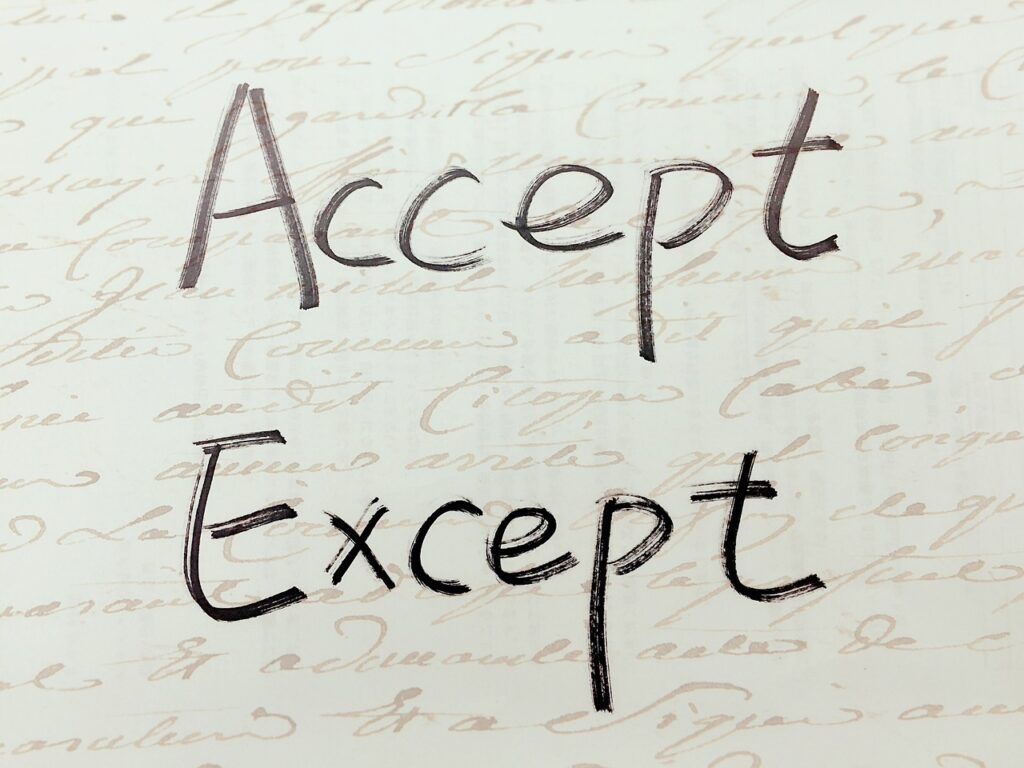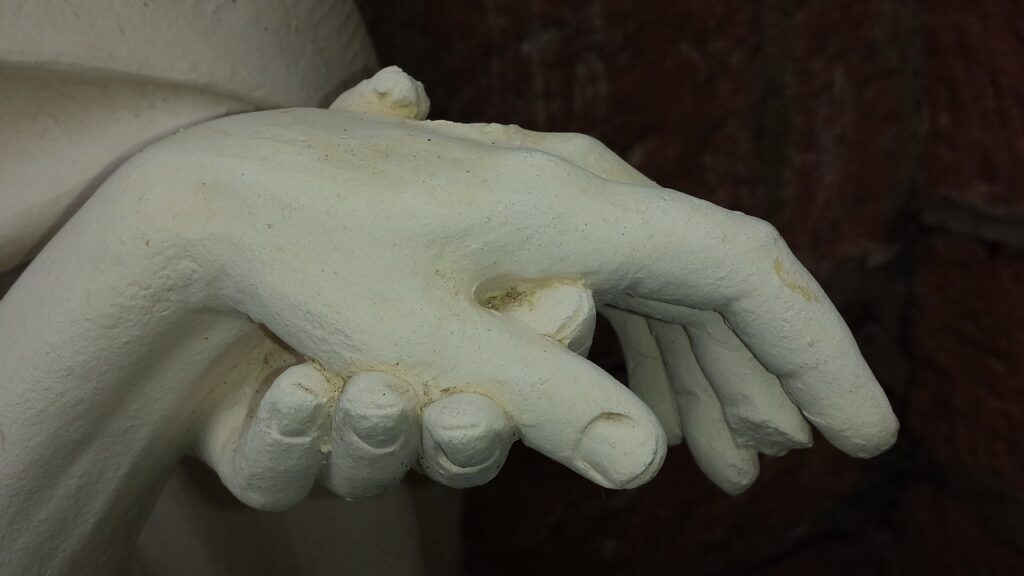
Living with chronic pain can be a daily struggle that affects every aspect of life. From physical discomfort to emotional challenges, individuals dealing with chronic pain often face a myriad of obstacles. However, adopting a mindful approach to life can offer profound benefits in managing and coping with chronic pain.

Mindful living involves being fully present in the moment, without judgment, and with acceptance and compassion. It is about cultivating awareness of one’s thoughts, emotions, and physical sensations and learning to respond skillfully and non-reactively. Mindfulness can provide a powerful toolkit for improving overall well-being when applied to chronic pain.

One of the fundamental principles of mindful living with chronic pain is acceptance. Acceptance doesn’t mean resignation or giving up but rather acknowledging the reality of the pain without resistance. By accepting the presence of pain, individuals can reduce the struggle against it, which often leads to increased suffering. Instead, mindfulness teaches us to observe the pain with curiosity and openness, allowing for a deeper understanding of its nature.

Central to mindful living with chronic pain is the practice of mindfulness meditation. Mindful meditation involves intentionally focusing on the present moment, whether it’s the breath, bodily sensations, or sounds around us. Through regular meditation practice, individuals can develop greater resilience and capacity to cope with pain. Research has shown that mindfulness meditation can reduce pain intensity, improve pain-related psychological distress, and enhance the overall quality of life for people with chronic pain conditions.

Another key aspect of mindful living with chronic pain is cultivating self-compassion. Chronic pain can often lead to feelings of frustration, anger, and self-criticism. Mindfulness encourages a kind and gentle attitude towards oneself, recognizing that pain is a natural part of the human experience. By practicing self-compassion, individuals can soothe their own suffering and develop a more positive relationship with their bodies.

Mindfulness also extends to daily activities and habits. Simple practices such as mindful eating, where one savors each bite and pays attention to hunger and fullness cues, can enhance the overall food experience and promote healthier eating habits. Conscious movement, such as yoga or tai chi, can improve flexibility, strength, and balance, all of which are beneficial for managing chronic pain.

In addition to personal practices, mindful communication with healthcare providers is essential for effective pain management. Mindfulness teaches individuals to communicate their needs and concerns with clarity and openness, fostering a collaborative relationship with healthcare professionals. Better communication can lead to more personalized treatment plans and better outcomes in managing chronic pain.

Mindful living with chronic pain is not about eliminating pain entirely but rather about changing one’s relationship to it. By developing mindfulness skills, individuals can cultivate a sense of inner peace, resilience, and empowerment in the face of pain. It’s important to note that mindfulness is a practice that requires patience, consistency, and self-compassion. Over time, the benefits of mindful living can significantly improve the quality of life for those living with chronic pain.

In conclusion, mindfulness offers a holistic approach to living with chronic pain, integrating physical, emotional, and cognitive aspects of well-being. By embracing mindfulness, individuals can discover new ways of relating to pain, fostering a sense of acceptance, resilience, and compassion towards themselves and others.
